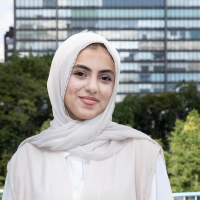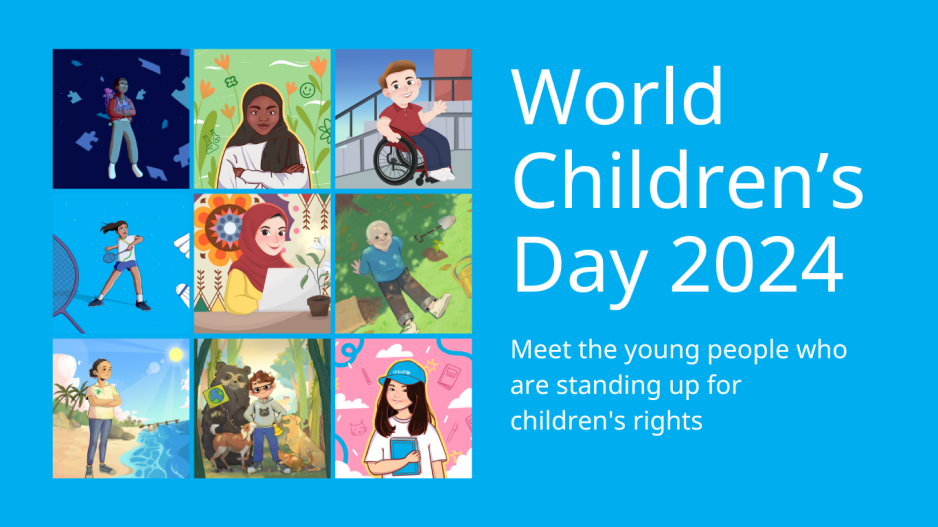
I'm a 17-year-old advocate for children and youth, deeply committed to building a brighter future for my generation and those that follow. Born and raised in Yemen, I am passionate about promoting peace, education, and opportunities for young people everywhere. Through my work, I hope to inspire action, spread hope, and be part of a movement that creates a world where every child has a chance to thrive.
Growing up in Yemen, I witnessed the profound impact of conflict on families, communities, and especially children. These experiences fueled my commitment to peace. I saw children’s futures being shaped not by their dreams, but by the daily struggle for safety and survival. It became clear to me that advocating for peace wasn’t just about reducing violence—it was about creating an environment where children can feel safe, thrive, and look forward to a future filled with opportunities. This realization drove me to speak out, share stories, and work with other young advocates to push for meaningful change. It’s not always easy, but I believe that a peaceful world is one where children can freely dream and grow.
To me, peace is the most important thing because it’s the first right every child needs to be able to get the rest of their rights. Peace means no conflict, no wars, no discrimination. By saying peace I don’t mean just a perfect world. I mean a simple, good, calm and just a normal life for a child to grow up; to have they all their rights realized.
Peace allows children and people around them to enjoy life. A world with peace means that children can definitely enjoy all their rights. Including the right to education, which can guarantee a good life for children.
Education, especially foundational skills like reading, writing, and basic math, provides children with essential tools to navigate life and make informed decisions. In Yemen, where access to quality education is often limited, these fundamental skills can open up possibilities for children that might otherwise be out of reach. For girls in particular, learning to read and write is empowering—it’s a way to communicate, understand the world, and have a voice. Foundational learning helps break down barriers, allowing every child the chance to contribute to their community in ways that go beyond traditional success. It’s about giving children the basic skills they need to build their own paths, whatever those might be.
These and other child rights must be recognized by all.
Adults should help us live in peace. And when we grow up, it will be our responsibility to do the same for the younger generation.
This World Children’s Day, I hope adults understand that children are in need for safe and happy life.
Illustration by Febrilia Syahputri


